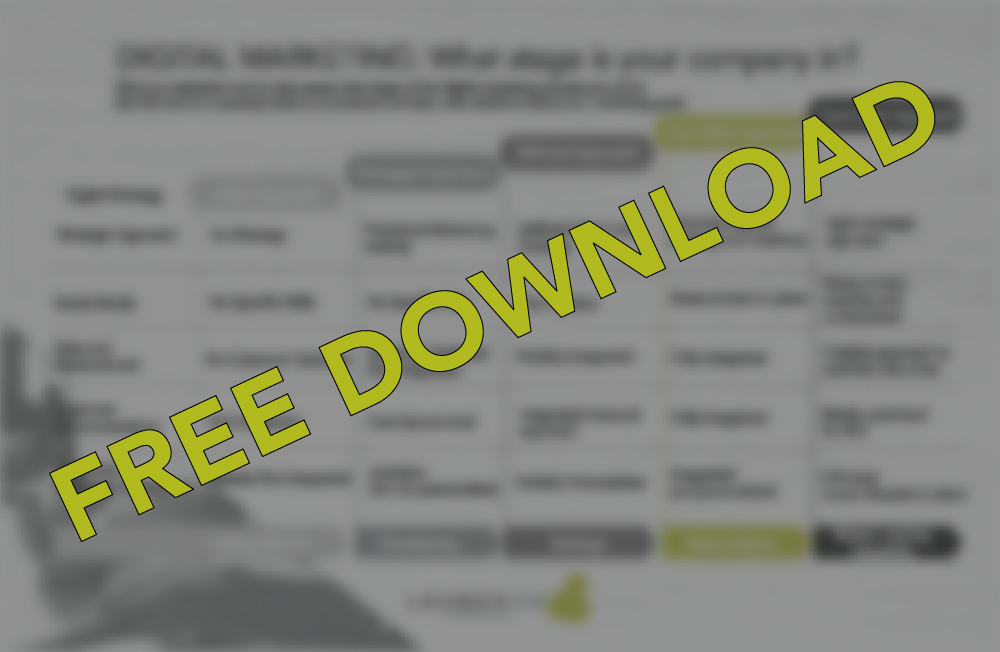Writing for the web…is your strategy working?
No matter how beautiful a website design looks, your site is just not complete without great copy. From headlines and captions to the text in the meta-data fields, your words are what convert a website visitor into a paying customer.
Copywriting is one of the most important but overlooked components to a brand’s overall marketing efforts from building a website and digital marketing plan to customer service. Consider the first thing you do when you find out about something that is “new to you.” Most of us perform a Google search. Yet the way people search for information online is very different today from what it was even one year ago. Think about your own online behavior today in comparison to what it was 3, 5, or even 10 years ago. The expectation is that Google will deliver search results that are relevant to the words you just typed.
Define relevant.
Since the search engines work on algorithms and can’t read your mind, they rely on highly sophisticated and technical formulas, which are essentially a computer’s interpretation of what it thinks is relevant to your search term.
One factor that can make a big difference in relevance is location.
Imagine if you search for Italian Restaurants from your phone while walking down the street in Los Angeles, CA compared to searching for Italian Restaurants as a passenger in the car on the Schuylkill Expressway in Philadelphia, PA. The person searching has the expectation that the search engine will deliver results that are relevant to their specific location, even if they don’t specify that location. Over the past year, Google began refining their voice search even more to match natural linguistics.
“Hey Siri, find the best Italian Restaurant?”
How then does a business that sells to customer’s across the country become relevant in a search without a location being specified? You guessed it! Website copy. It’s a rather simple concept, but the strategy behind good copywriting is to deliver both quality content as well as relevant content…all at the same time.
Here are some laser focused suggestions for how to write for the web:
Identify your Goal
If you are selling something, stay focused on selling that item. Consider this: Every time a person clicks somewhere, it is a persuasion for them to move to the next element. Perhaps your goal is to get your visitor to read your blog, or, perhaps you want them to buy the vegetables that you sell, the end result is the same — to “sell” the user on a specific action. By giving careful thought to exactly how each sentence is written will lead the website visitor to your “goal.”

Every word on your website should have a purpose. By using clear language, you can effectively direct people to exactly what you want them to do.
A website is not a research paper, if you use overly technical language, it becomes confusing to the majority of the visitors.
To get the most traffic, focus on using simple, descriptive words, proper grammar, and clear instructions. Avoid phrases that contain jargon or industry-specific terms unless they are totally necessary. Would you rather buy “locally grown, organic vegetables” or “vegetables grown under biodynamic farming principles which have a greater focus on astrological cycles and the idea of the farm as a single organism”?
Establish your Tone
Some websites speak conversationally with a light tone, while others cater to a very formal tone. The voice you establish through your words should match your brand image and remain consistent across all channels. If you are fun and eccentric on Facebook and Twitter, then that same tone should carry across your website. Catering to academia? That website structure would likely be a bit more formal.
Choosing the right words to showcase your brand in the best light is something that many website owners struggle with. The great part about writing, though, it that you have time to look back over your work to make sure your words engage and connect your audience exactly the way you intend to. You don’t necessarily need a professional copy-editor as long as you follow a few key guidelines.
Should you take a formal tone? Comical? Sarcastic? Whether your site covers a serious topic or more playful subject matter, the most effective choice is to write in a conversational but slightly formal tone. If your tone is too formal, it can sound too academic, yet if it’s too playful, you can sound inexperienced. In fact, recent studies have shown that when browsing the internet, people pay extra attention to website content written in a conversational tone. It is important to note, however, that writing in a conversational tone does not mean using profanity or using poor vocabulary.
Should you use Rhetoric?
The most important factor is to engage your audience. Using rhetoric (asking questions) is a great way to encourage people to participate. In other words, get your readers thinking about what they would do instead of passively absorbing (or not absorbing) the information you are presenting. Remember, you are speaking to and creating a connection with users; personal pronouns are good option.
Edit, Edit, Edit!
Nothing can make or break your website like good editing. Every word needs to be read and reread until it makes sense, is grammatically correct, and without error. Painting a picture with words and images works wonders, but if you have errors in sentence structure or spelling, your visuals will be overlooked instead of completing the package.
Lastly, make sure to keep things simple. It is much more effective to be succinct and leave out technical or industry language. Think about it, we rarely use complex vocabulary in everyday conversation, so keep the main copy easy to read and extrapolate only for the most technical information.
Where are you on your journey toward Digital Marketing expertise? Click below to access our free worksheet to find out!

